The NFL isn't on the ropes — it's stronger than ever
Reports of the NFL's death have been greatly exaggerated

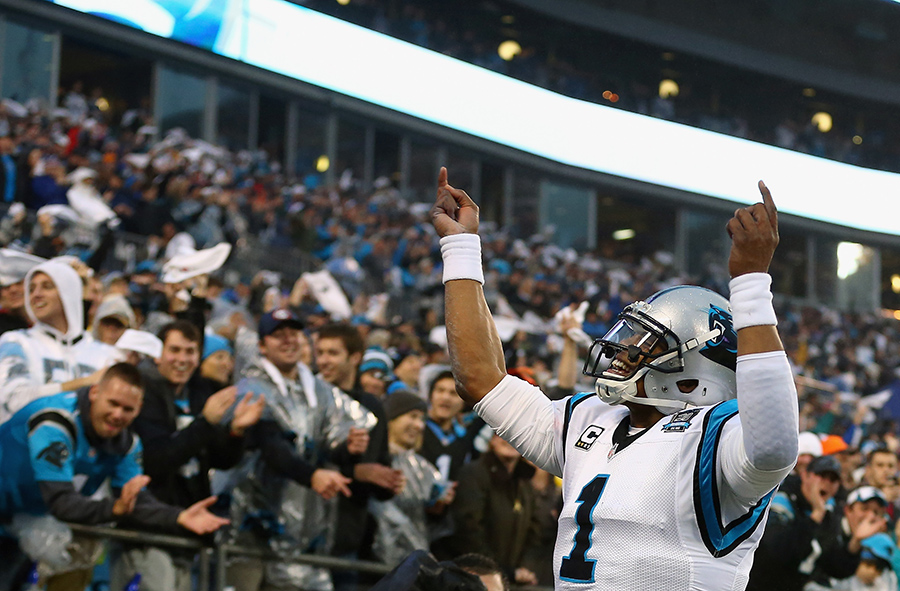
A free daily email with the biggest news stories of the day – and the best features from TheWeek.com
You are now subscribed
Your newsletter sign-up was successful
"Football is on trial. Because I believe in the game, I want to do all I can to save it." -- President Theodore Roosevelt, 1905
"We will get our house in order." -- NFL Commissioner Roger Goodell, 2014
Football in America has been on the brink of extinction for a century — or so we've been told.
The Week
Escape your echo chamber. Get the facts behind the news, plus analysis from multiple perspectives.

Sign up for The Week's Free Newsletters
From our morning news briefing to a weekly Good News Newsletter, get the best of The Week delivered directly to your inbox.
From our morning news briefing to a weekly Good News Newsletter, get the best of The Week delivered directly to your inbox.
In the early 1900s, fans worried that the fledgling sport's violence — 19 college players died in 1905, leading then-President Theodore Roosevelt to convene a football summit — would destroy the game. And in recent decades, we've been told once again how violence, this time in the form of concussions, would kill the game.
The "football is doomed" prognostications reached their zenith this past fall as the National Football League stepped on one rake after another, bungling a handful of domestic violence cases and appearing woefully incompetent, corrupt, and evil. Appalled, football fans and writers talked of an NFL boycott, or insisted they would swear off the league for good. In a September Sports Illustrated survey, only 28.5 percent of respondents said Goodell should keep his job. Just weeks into the 2014 season, a popular bar stool topic was not whether the NFL could survive, but when it would die.
And yet, the NFL did not melt into a puddle of testosterone and Bud Light.
Viewership this season was nearly identical to last year's record numbers, with an average of 21.3 million people tuning in to watch Sunday Night Football. The league's five most-watched seasons have now all come in the last five years. And underscoring the NFL's absolute dominance over sports television, 37 of the 50 most-viewed sporting events last year were NFL games, including 19 of the top 20.
A free daily email with the biggest news stories of the day – and the best features from TheWeek.com
Still, the NFL's would-be undertakers warn that the NFL is untenable going forward for two main reasons: increased awareness of football's health risks, and the league's gross mismanagement.
On the surface, there is indeed some evidence to suggest football will struggle as concerned parents steer their children toward other sports. A host of current and former NFL stars have said they won't let their children play. So, too, have other famous faces like LeBron James and Mark Cuban.
Of course, anecdotal evidence is no indicator of national consensus. So what about statistical proof?
In a Bloomberg survey from December, half of all respondents said they wouldn't let their kids play football; only 22 percent believed the sport would be more popular in two decades than it is now. Moreover, the number of children between the ages of six and 18 playing football fell by 5.4 percent from 2008 to 2012, according to a Wall Street Journal analysis.
However, the decline in football participation was actually smaller than those for soccer (7.1 percent), baseball (7.2 percent), and basketball (8.3 percent). It's also dubious that concussions are the reason for football's downturn, given that hockey participation exploded by an astounding 64 percent over the same period. More likely, the decline could be the result of increased specialization among young athletes, as Fortune's Bob Cook explained, with kids nowadays focusing on one sport they're good at instead of several.
As for the NFL's image problem, the latest viewership numbers shred that theory. That's particularly salient when you consider that women are the NFL's fastest-growing viewership group, and that ratings continued to soar among that demographic this year. "If You Care About Women and Still Support the NFL, You Are a Hypocrite," Jezebel proclaimed last September. Millions of women, it seems, would disagree with that assessment.
Time and again, football fans have been quick to forgive — or at least forget — the NFL's failings. Remember Bountygate, or the vile homophobia and racism of the Miami Dolphins' hazing scandal? Both prompted musings about the demise of football, though neither in the end nudged the NFL toward the graveyard.
ESPN's Bill Simmons exemplified this tendency toward absolution last year at the height of the NFL's firestorm.
"This league sucks. I don't even want it in my life," he said. But, he went on, "It'll be one good Patriots game [and] I'll be back in."
The Patriots have had many good games since then.
A common error among those asserting the NFL is on the wane is the conflation of elite discontent for popular revolt. Though journalists and talking heads are often fairly critical of the NFL, they're hardly representative of the general public.
In this light, former Commissioner Paul Tagliabue wasn't necessarily wrong in asserting, two decades ago, that concussions were merely a "pack journalism issue." Sure, he was covering the league's butt by dismissing a true epidemic. Yet ratings continued to soar, proving fans would tune in despite football's dangers — and the league's blatant refusal to admit it had a serious problem on its hands.
That disconnect also underscores why football is not about to run out of willing and able bodies. Returning to that Bloomberg poll, the college-educated and financially well-to-do were by far the most likely demographics to say they'd bar their kids from football. The opposite was true on the other end of the demographic spectrum, indicating that, as Will Leitch put it, "Just as the wealthy will always have people to fight their wars for them, they will always have people to play football for them."
The NFL is simply too big to fail. Despite bungling multiple domestic violence cases that revealed the league's callousness and ineptitude, the NFL had its best year ever in 2014, from a business standpoint. With only hollow paeans and some self-serving Band-Aids, Goodell resuscitated his image and that of the league, earning him fawning praise and a nomination for Time's person of the year. If he and the league can weather that mess, what can't they overcome?
The Super Bowl is primed to once again shatter ratings records next month. And despite all the predictions of doom, the NFL is poised to keep shrugging off tackles as it high-steps into the future.
Jon Terbush is an associate editor at TheWeek.com covering politics, sports, and other things he finds interesting. He has previously written for Talking Points Memo, Raw Story, and Business Insider.
-
 How Democrats are turning DOJ lemons into partisan lemonade
How Democrats are turning DOJ lemons into partisan lemonadeTODAY’S BIG QUESTION As the Trump administration continues to try — and fail — at indicting its political enemies, Democratic lawmakers have begun seizing the moment for themselves
-
 ICE’s new targets post-Minnesota retreat
ICE’s new targets post-Minnesota retreatIn the Spotlight Several cities are reportedly on ICE’s list for immigration crackdowns
-
 ‘Those rights don’t exist to protect criminals’
‘Those rights don’t exist to protect criminals’Instant Opinion Opinion, comment and editorials of the day
-
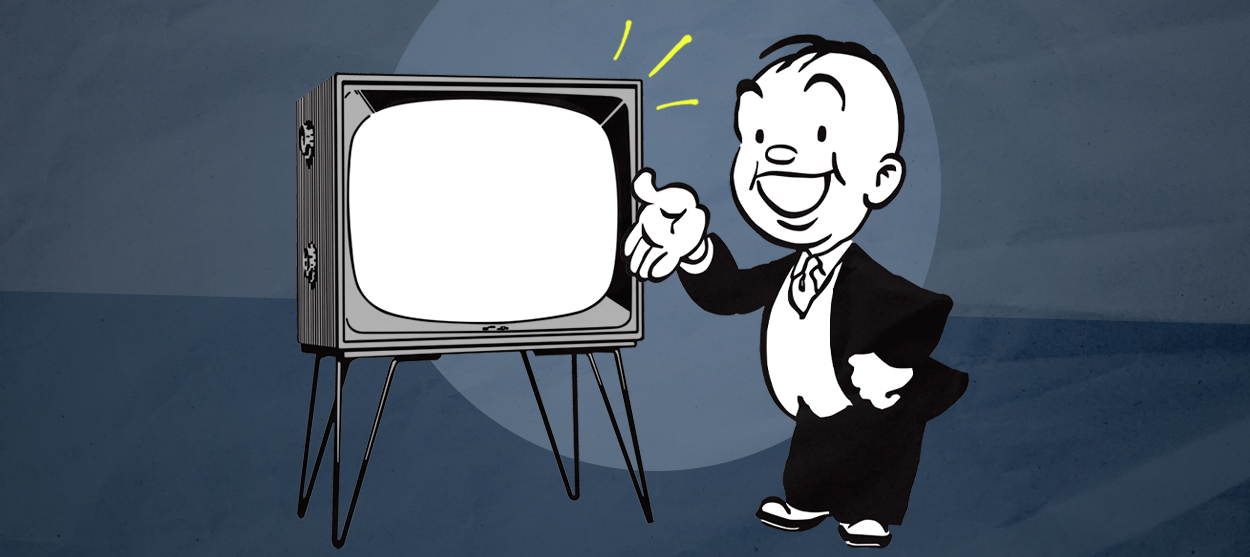 The hottest Super Bowl ad trend? Not running an ad.
The hottest Super Bowl ad trend? Not running an ad.The Explainer The big game will showcase a variety of savvy — or cynical? — pandemic PR strategies
-
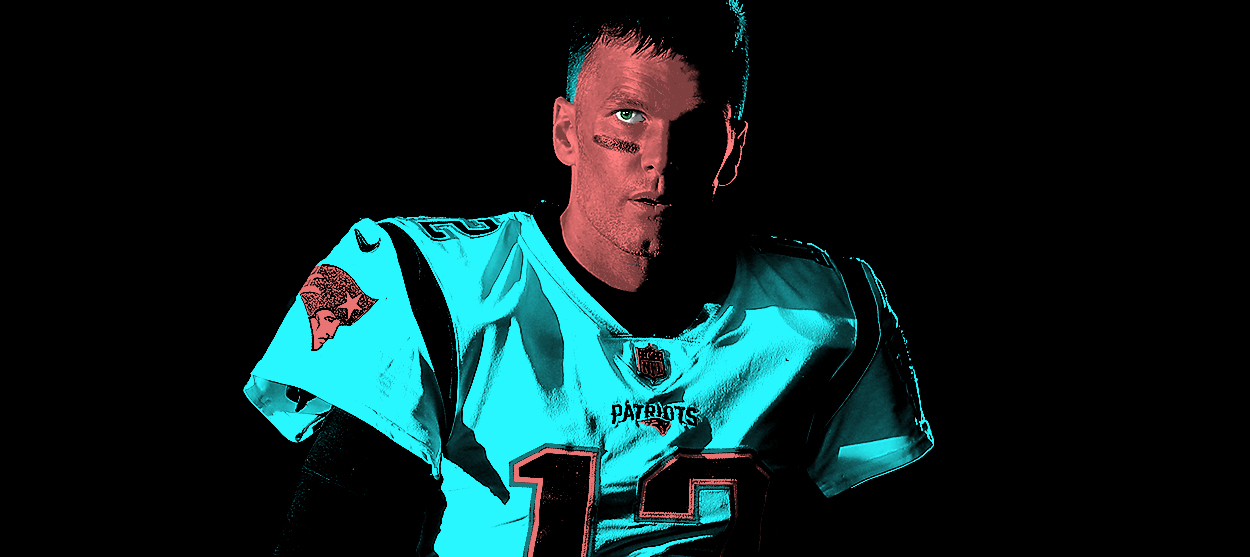 Tom Brady bet on himself. So did Bill Belichick.
Tom Brady bet on himself. So did Bill Belichick.The Explainer How to make sense of the Boston massacre
-
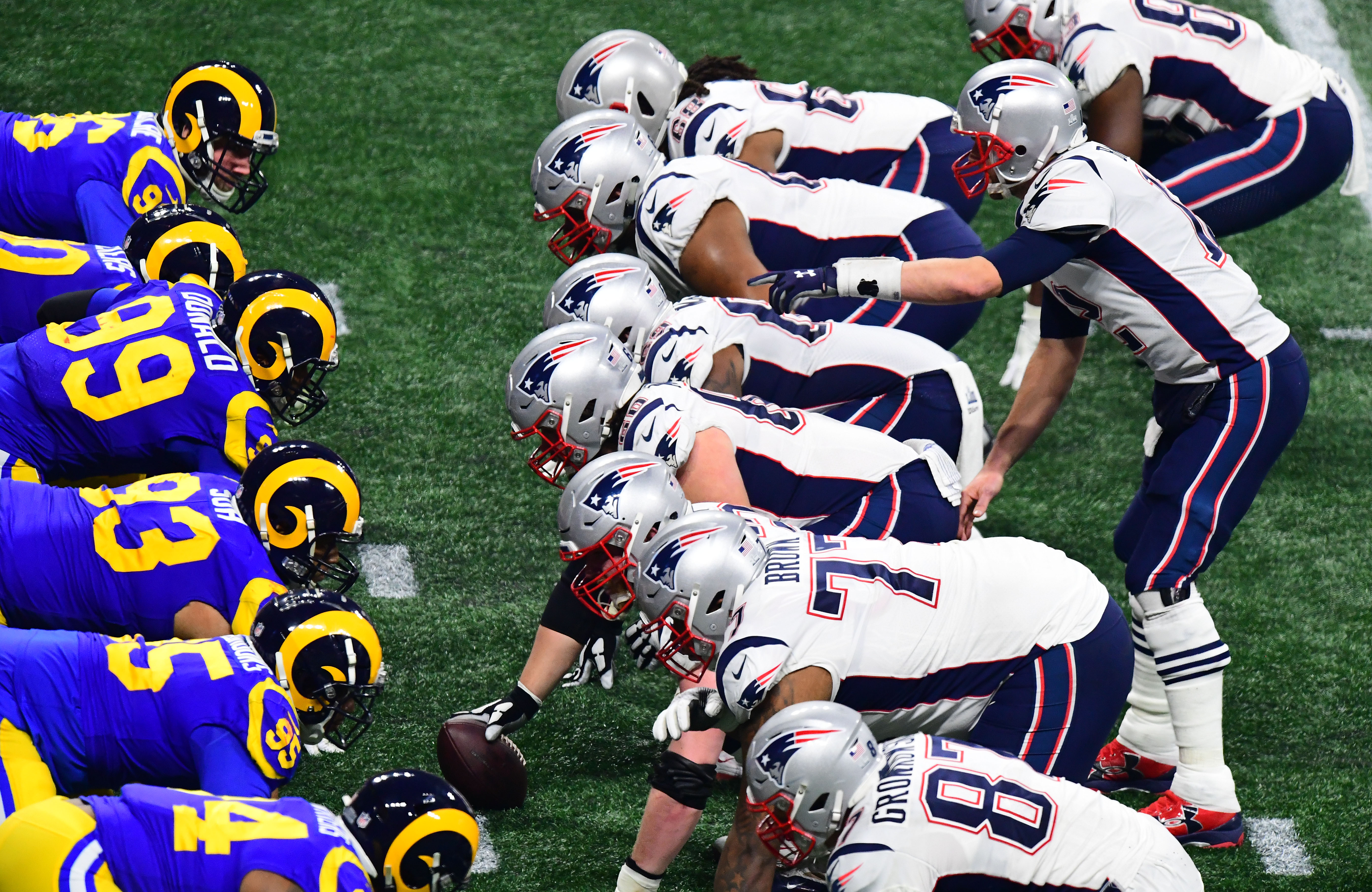 The 13 most exciting moments of Super Bowl LIII
The 13 most exciting moments of Super Bowl LIIIThe Explainer Most boring Super Bowl ... ever?
-
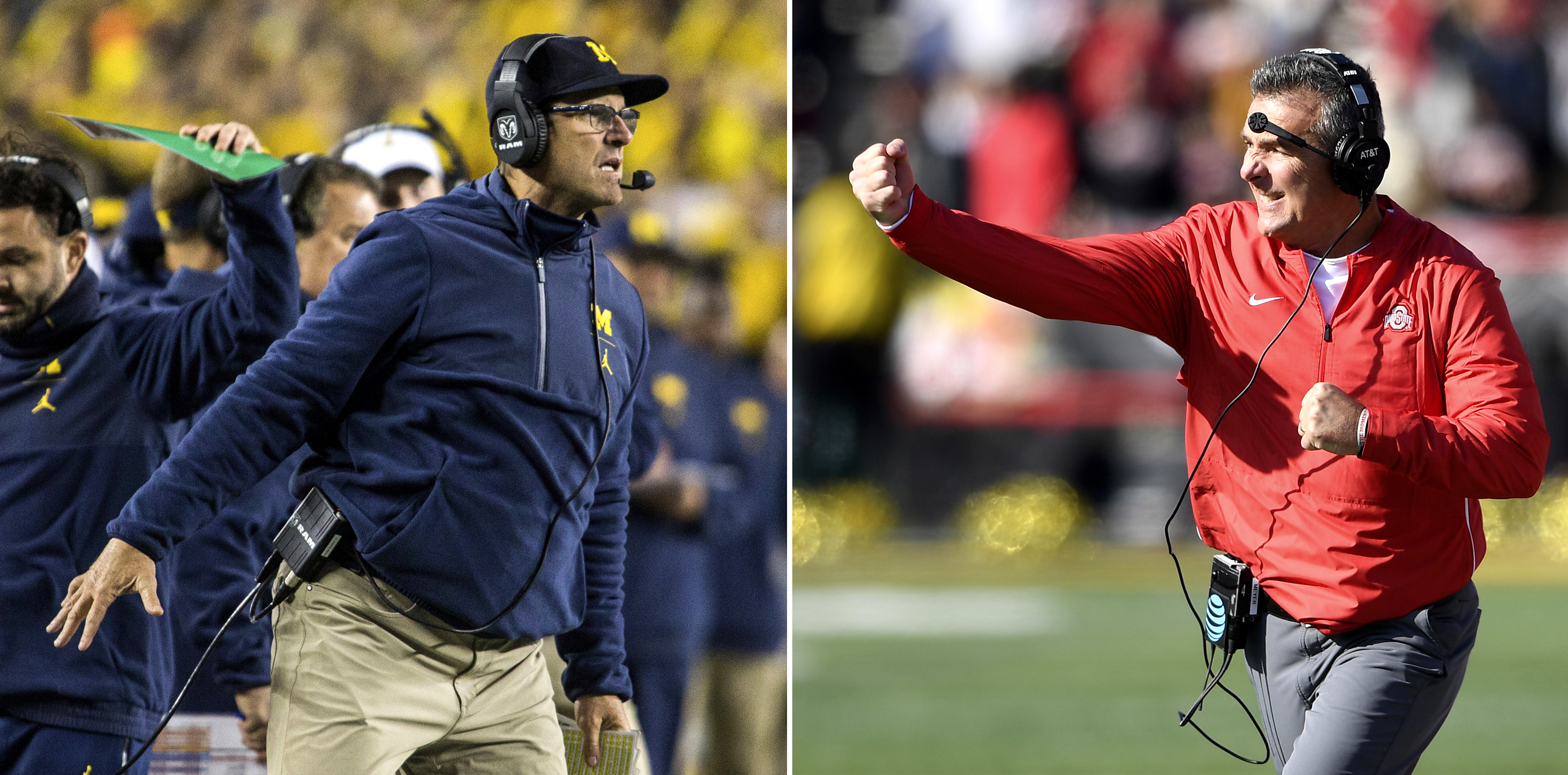 The enduring appeal of Michigan vs. Ohio State
The enduring appeal of Michigan vs. Ohio StateThe Explainer I and millions of other people in these two cold post-industrial states would not miss The Game for anything this side of heaven
-
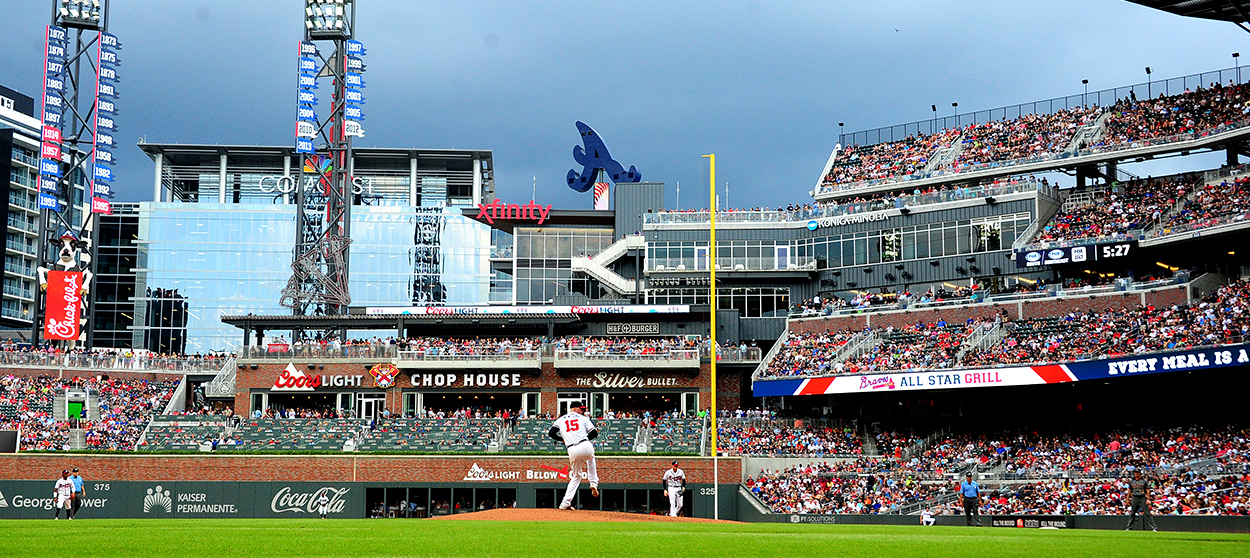 When sports teams fleece taxpayers
When sports teams fleece taxpayersThe Explainer Do taxpayers benefit from spending billions to subsidize sports stadiums? The data suggests otherwise.
-
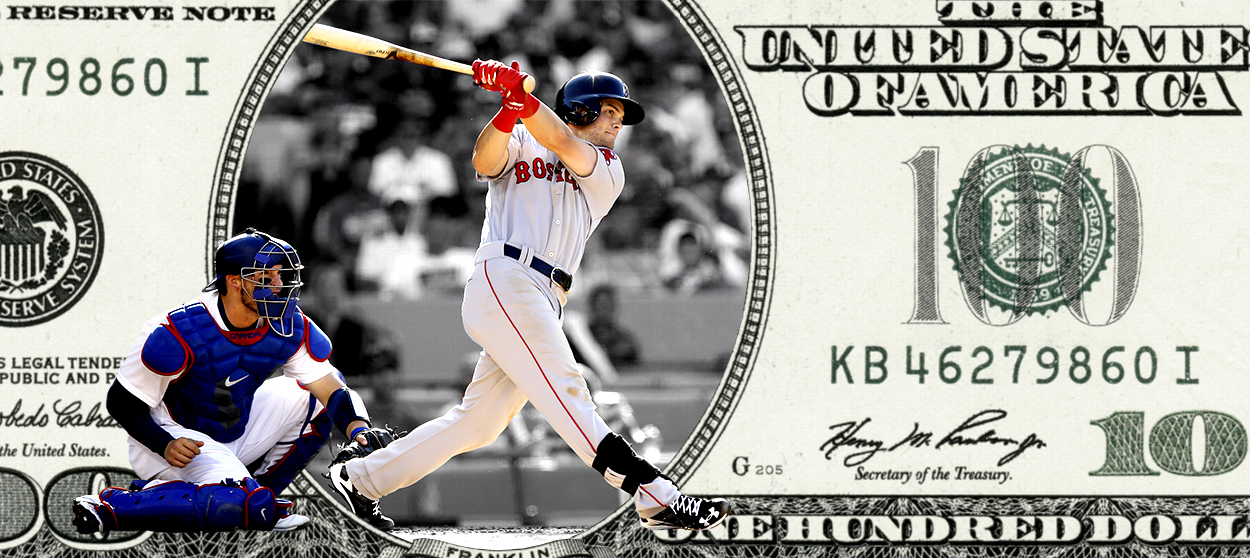 The 2018 World Series is bad for baseball
The 2018 World Series is bad for baseballThe Explainer Boston and L.A.? This stinks.
-
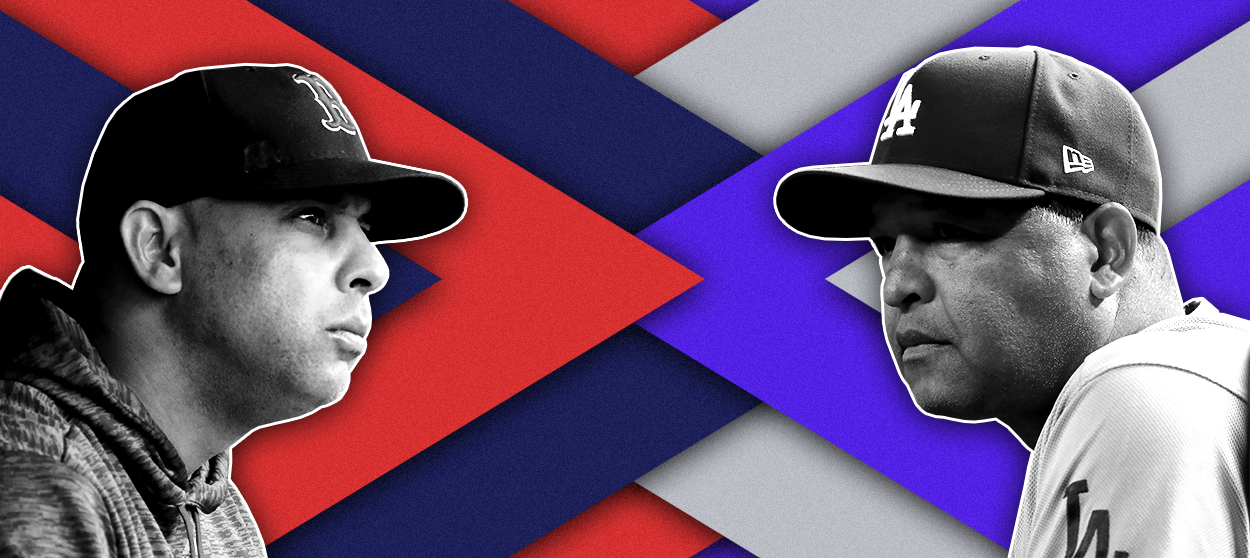 This World Series is all about the managers
This World Series is all about the managersThe Explainer Baseball's top minds face off
-
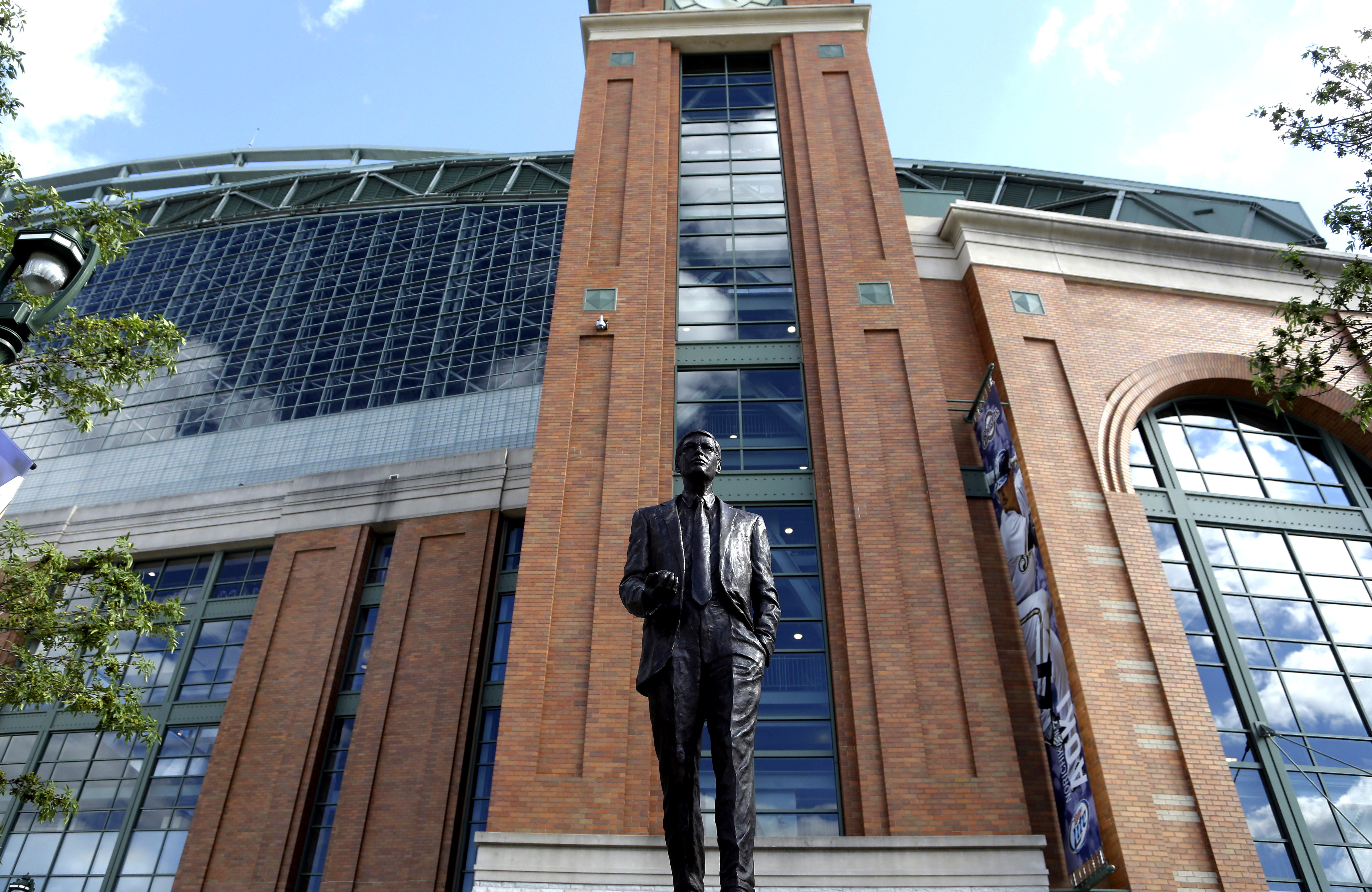 Behold, the Bud Selig experience
Behold, the Bud Selig experienceThe Explainer I visited "The Selig Experience" and all I got was this stupid 3D Bud Selig hologram
